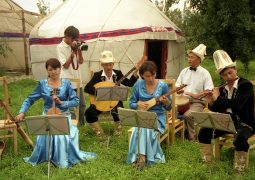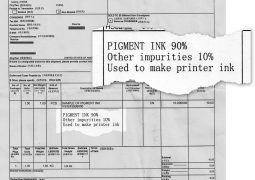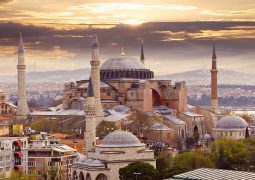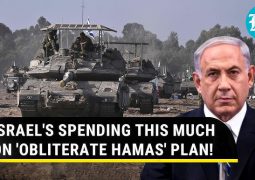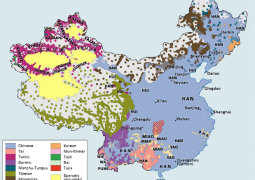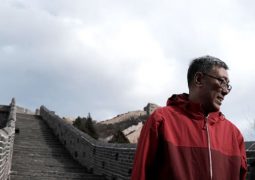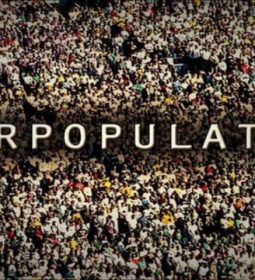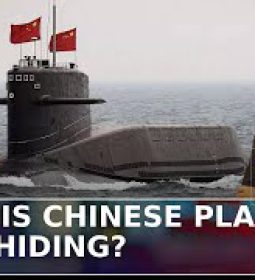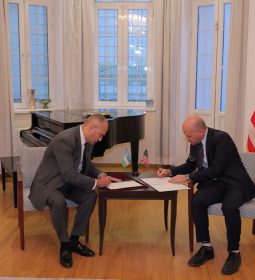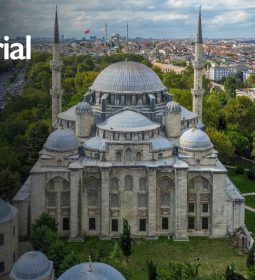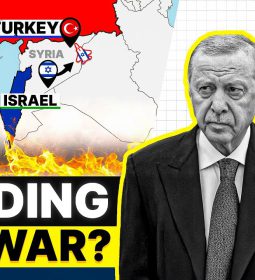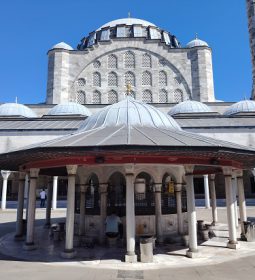Asia & Pacific Duterte and Trump will dramatically recast U.S.-Philippine ties. But how?
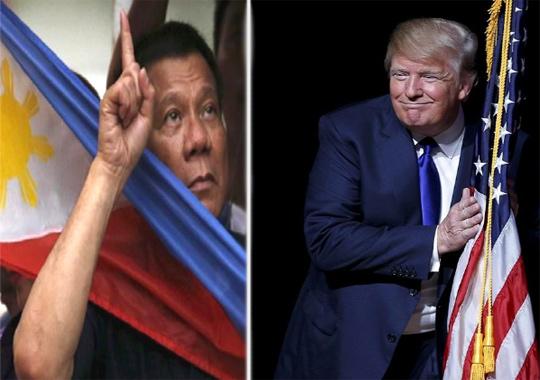
MANILA — Over the past few months, several U.S. diplomats have come to see Delfin Lorenzana, the Philippines’ secretary of national defense. Since taking power in June, Lorenzana’s boss, President Rodrigo Duterte, has made a habit of lambasting his country’s most powerful ally. He insulted President Obama. Then he lauded China and praised Russia’s president, Vladimir Putin. The diplomats wanted advice from Lorenzana, an old friend of the United States, on how to interpret a crude and mercurial president with modest experience in foreign affairs. Now Lorenzana needs the same sort of help. In a year of dizzying shifts, the triumph of Presidentelect Donald Trump has added a fresh layer of uncertainty in Asia. That is particularly true in the Philippines, a former American colony that, despite this history, has for decades been a close and critical U.S. partner. With China pressing its claims to most of the South China Sea, the United States and the Philippines moved in recent years to deepen ties. A military agreement that came into force last spring would see more U.S. troops on Philippine soil and ships at port. Duterte put all that in doubt. The United States became the chief target of his bluster and anger. Duterte allies, current and former diplomats, and defense experts in Manila, who had been scrambling before Nov. 8 to understand what this meant for their country, now say the future of the United States in Asia depends to some extent on how Duterte reads Trump and vice versa. But both sides lack adequate information to prepare. In the runup to the election, senior U.S. diplomats could offer little guidance on the Republican nominee’s foreign policy, Lorenzana said. Asked what Trump’s victory meant for ties, the defense secretary said, “We don’t know.” The first challenge is parsing Duterte’s plan. Duterte spent more than 20 years running Davao, a city on the southern island of Mindanao — a role that gave him ample opportunity to patrol the streets, armed, on his motorcycle, but offered limited exposure to statecraft. In the months since Duterte’s inauguration, a “drug war” he launched has killed thousands, most of them shot in nighttime police raids, or gunned down by motorcycleriding assassins, often after being named by police. It was U.S. criticism that prompted his first outburst at Obama and may have spurred subsequent, spurofthe moment moves to limit ties. Major announcements, including a call to oust U.S. Special Operations forces from Mindanao, were then made without consulting members of his cabinet. “Ilearned about it through text messages,” Lorenzana said. As offthecuff proclamations piled up, members of Duterte’s team offered different accounts of the president’s plans. “It’s quite confusing, frankly. There should only be one spokesman,” said Jose L. Cuisia, who, until June, was the Philippines’ ambassador to the United States. Duterte’s calls for a “separation” from the United States will not go unopposed. The Philippines’ political and military elite has close ties to America, and a majority of Filipinos hold the United States in high regard. Figures like Lorenzana, who spent more than a decade in the District, are now trying to counsel Duterte, to explain what’s at stake in U.S.Philippine relations, and to urge him to moderate his language and approach. There are some signs it is working. At a cabinet meeting in early November, Duterte’s team persuaded him to sign the Paris agreement on climate change — a deal he opposed. He has also decided to change, rather than cancel, U.S.Philippine joint military exercises. Antonio Carpio, a Philippine Supreme Court judge who has been publicly critical of the president’s foreign policy, said Duterte seemed, at last, to be willing to listen on some issues. “He had a very narrow perspective, from Davao City only, but now he is getting more input. He changes,” Carpio said. The inexperienced statesman must now prepare for President Trump. Trump’s win gave Duterte an opportunity to “reset” ties after a disastrous start under Obama. Duterte seemed to seize the chance, offering an enthusiastic “long live” Trump. “I don’t want to quarrel anymore, because Trump has won,” he said after the U.S. election, noting their shared love for crass language. Richard Javad Heydarian, an assistant professor of political science at Manila’s De La Salle University, said Duterte welcomes Trump because he feels the presidentelect “is not gungho on democracy and human rights” and will not criticize domestic policy. But Duterte could also lose out under the new U.S. administration. Many in Manila expect Trump to focus on trade, especially between China and the United States, and a trade war between the world’s two largest economies could hurt the Philippines, analysts said. There is also a risk that the new U.S. administration could use such issues as the South China Sea to secure concession on trade, potentially strengthening Beijing’s hand when it comes to maritime sovereignty claims, Heydarian said. Because Asia policy did not rate in the presidential debates, Manila will be watching closely for any clues about Trump’s vision. For now, the thought of a “toneddown” Duterte praising a U.S. president instead of cursing him seemed to please Lorenzana. “Thank God,” he said. “It was discomforting to be standing behind him when he started ranting against somebody, you know,” Lorenzana said.
- Previous A hard winter: Afghan refugees forced to return from Pakistan
- Next As the South Korean assembly prepares to impeach the president, paralysis looms



